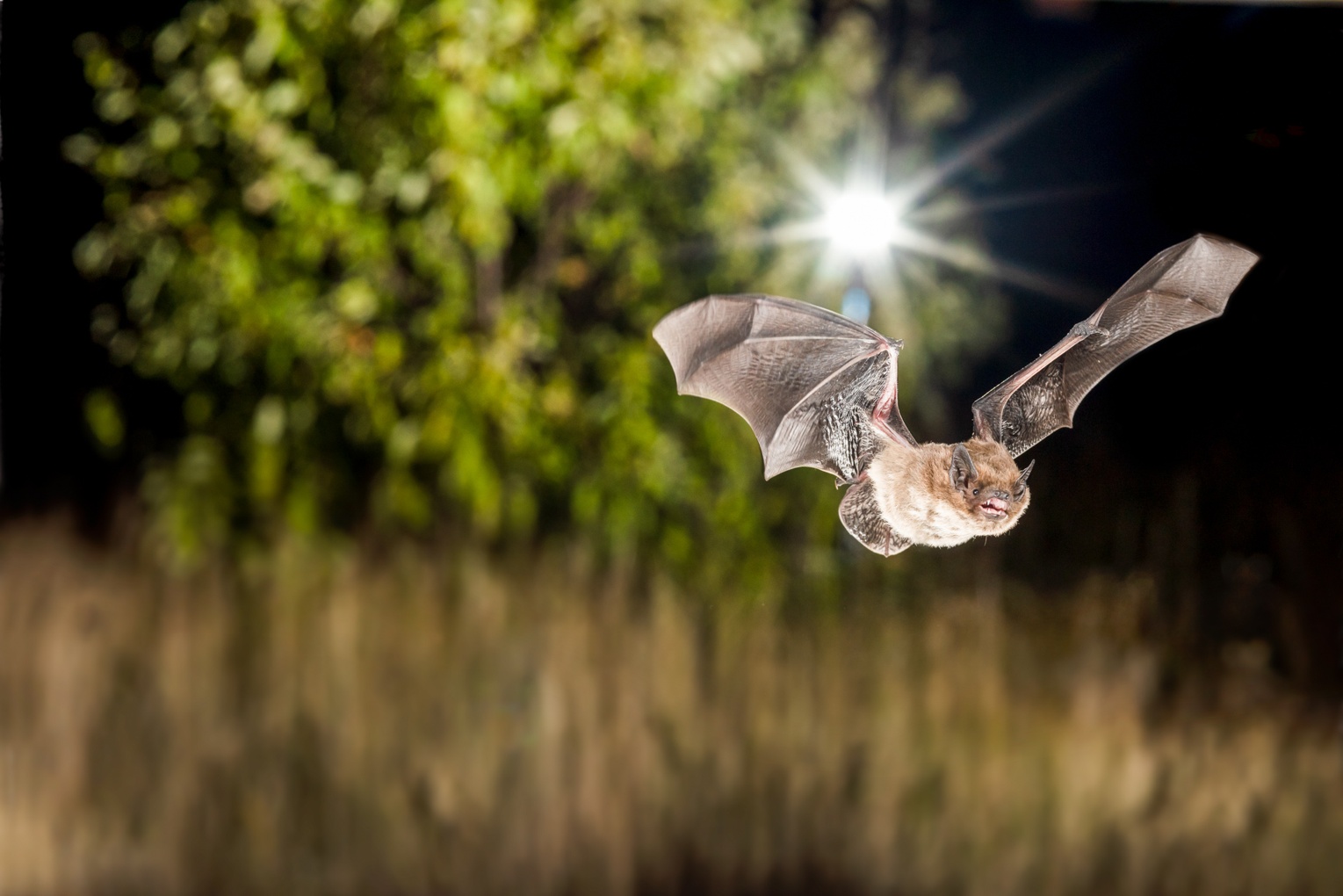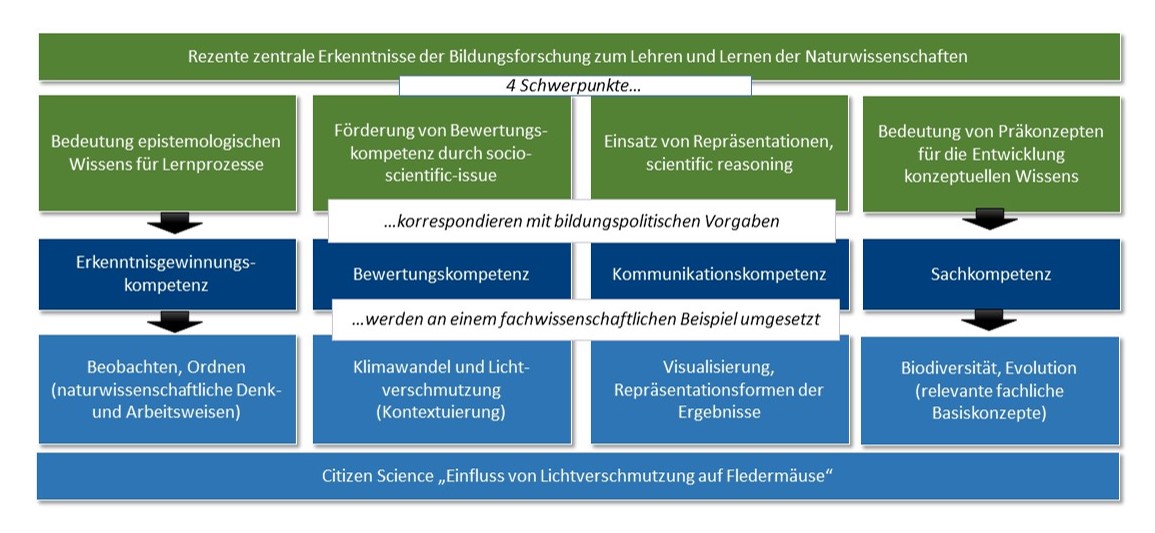Prof. Dr. Ute Harms
Biology Education
see profile
+49-(0)431-880-3129
Many educators and educationalists have described the gap that currently separates academic research from classroom practice. The cooperative, interdisciplinary FaBiUs project is modeling new and innovative ways of bridging this distance. FaBiUs stands for Vermittlung Fachbezogenen Bildungswissenschaftlichen Wissens für die Unterrichtspraxis, that is, ‘Transferring findings from education sciences to (prospective) teachers’, and entails the creation, by educationalists and subject specialists, of an online platform whose purpose is to provide research-based findings to teachers for direct implementation in science classrooms. The institutions and academics engaged in the project have adopted a participatory approach. The project is about bringing teachers actively on board in a real-life scientific research endeavor, giving them insights into findings from education studies, and supporting them to use this scientific research experience and new educational knowledge to enrich students‘ learning in their classrooms.
Since the turn of the millennium, empirical research in education has made significant gains, attaining a plethora of detailed findings with substantial relevance to the practice of teaching - findings that can provide teachers with a solid basis for their work in the classroom. Traditional, ‘top-down’ approaches to communicating these insights have shown limited-effectiveness, often failing to adequately take teachers’ needs and points of view into account. The FaBiUs project is diverging from these conventional methods by engaging an innovative, bidirectional strategy, giving teachers both access to the latest findings in education studies and an active role in advancing research by contributing their experience and expertise. The online platform supports this two-way communication by combining synchronous and asynchronous Continuing professional development (CPD) formats aligned with the educational standards issued by Germany’s Standing Conference of the Ministers of Education and Cultural Affairs (KMK); in so doing, it provides teachers with the anytime, anyplace flexibility they need to incorporate their learning into their day-to-day working lives.

A research project taking place at the Leibniz Institute for Zoo and Wildlife Research (Leibniz-IZW) serves the teachers involved in the project as an authentic example of the application of scientific findings in science classrooms. The project, centering on light pollution and its impact on bats, engages teachers in research alongside scientists by having them collect data via detectors and use the digital platform to analyze the information gathered.
This collaboration with researchers provides teachers with an insight into academic methodology, enhances their subject knowledge, and inspires them with ideas for competency-based teaching. Educators in science classrooms might, for example, support their learners’ decision-making competencies by discussing socio-scientific issues (SSI) around light pollution and its impacts, or have them create presentations of the original research data so they can train their communicative competencies. This is an authentic teaching and learning format that forges a link between scientific research and the world of the classroom, providing a learning experience with a sustained, long-term effect.

FaBiUs is founded on tried-and-tested principles of effective CPD for teachers: reference to the subject involved, the provision of long-term support, locating the CPD in professional communities of learning, and alignment of its content with current standards in science education issued by the education policy sphere. Our platform enables teachers to manage their CPD alongside their day-to-day work in the classroom and place up-to-the-minute scientific findings directly at the heart of the content they deliver to their learners.
Continuous evaluation of the FaBiUs CPD formats will monitor their effectiveness; these procedures will include anonymized surveys that will record changes in participants’ attitudes, knowledge and classroom practices. This systematic analysis will provide valuable insights into how we can refine and advance our CPD to ensure it enables an effective transfer of knowledge between research and the classroom.
Is there something you’d like to know about FaBiUs? Why not email us and ask? fabius@leibniz-ipn.de
